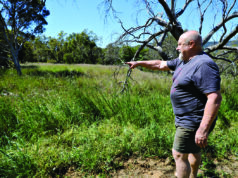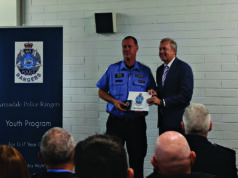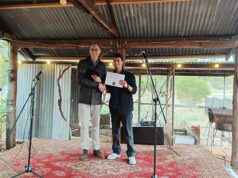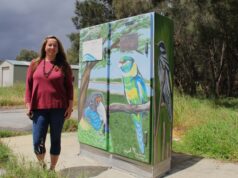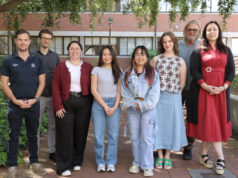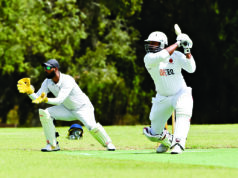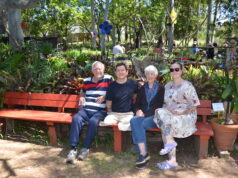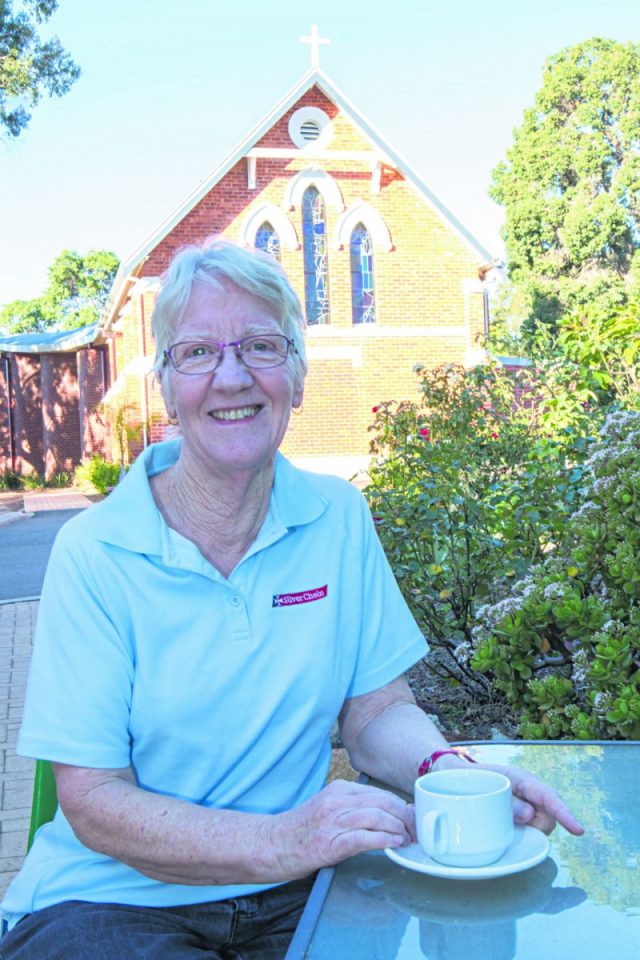
Not too many people would take on the job of a Silver Chain palliative care nurse – caring for terminal patients in their final days – but for Jan Boyle, it’s just part of the job.
The Armadale local also pulls double duty as Armadale Anglican Church’s chaplain, meaning she spends most of her time helping out other people in the community.
And she does it all as a volunteer.
“I don’t know why I do it. I couldn’t really imagine doing anything else,” Ms Boyle said.
“I can’t imagine getting paid for it either. I mean I’m looked after through the church and everything, but what I do isn’t about money. It’s about people.”
Ms Boyle has worked for Silver Chain for almost 15 years, striving to be a comfort to people who are facing the end of their lives.
“I always think that the first time any of these people have walked out of an oncologist’s surgery and have been told, ‘You have terminal cancer, we’re going to refer you to palliative care’, the first thing they have to be thinking is, ‘Oh my God, what a mess’,” Ms Boyle said of her work.
“That would come from anyone; it doesn’t matter whether they believe in God or not. That feeling will affect everyone.
“So a big part of what we do is go into the house without any sense of judgement or agenda, without guessing as to what they’re feeling, but instead just listen and react to what they share.
“Even though as a chaplain I’m from a church, it’s not about religion or anything, it’s just about being there.”
Ms Boyle said she has been devoted to volunteering her whole life. Growing up in Dampier, she found her calling when she realised her community was in need of support.

“Of course Dampier is very far away, and back in those days there was only one doctor and one nurse,” she said.
“I think I was born with a volunteer’s ticket in my mouth. I know from my experience growing up, it would have been a lot better if there was more people who supported the community. So it’s just something I’ve always wanted to do.”
Ms Boyle maintains a jovial outlook on life and her career, despite the often-heartbreaking moments involved in it.
She said it’s all to do with how you look at the world, and the inevitabilities we all face.
“I never get depressed. I get sad, and there’s nights where I’ll come home and cry, but I don’t get depressed. I don’t think I could let myself,” she said.
“We all have this problem – no-one really thinks about death until someone is dying, and that’s when everything turns upside down for the patient and their family.
“So when I come in, it’s not about death, it’s about that person’s life.
“I don’t consider it a hard job. I consider myself lucky, because I get to talk with these people and experience these stories of people looking back on their lives. I feel very blessed to do what I do.”


